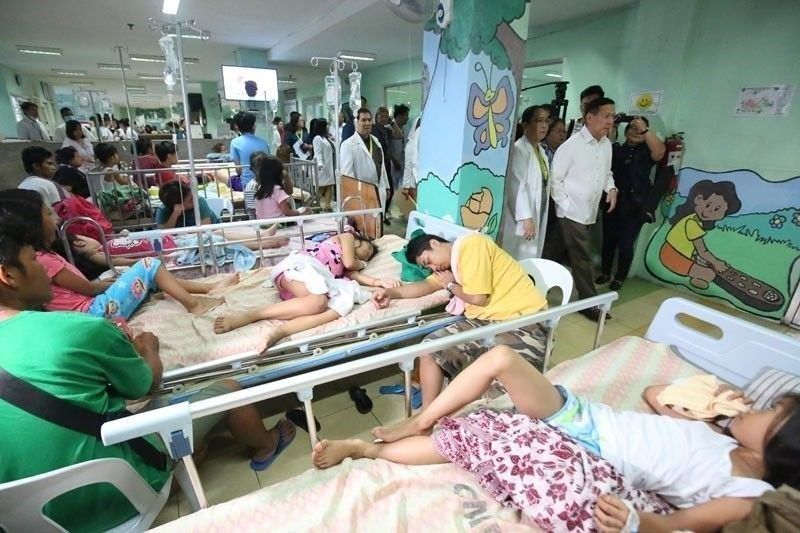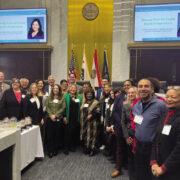
The Philippine Senate together with the House of Representatives approved the reconciled version of the Universal Health Care (UHC) bill that aims to provide health care for all Filipinos on Tuesday, November 27.
One of the UHC’s principal authors Senator Joseph Victor Ejercito expressed his joy over the passage of the said bill among the upper and lower houses. He remained hopeful that it will eventually be signed into law by President Rodrigo Duterte.
“This is a historic day and everybody is happy. We just need to ratify the measure and then, hopefully, send to the Office of the President for review and for President Duterte to sign it into law,” Ejercito said as reported by The Philippine Star.
Kabayan Representative Ron Salo, another principal author of the bill, assured that the Filipinos would now be subjected to a better health care system without minding the costs of such services.
“Having everyone covered by public health insurance so as not to suffer financial catastrophe whenever one gets ill will now be realized,” Salo said.
The new UHC bill that was passed in a bicameral conference committee seeks to automatically enroll all Filipinos in the proposed National Health Insurance Program. It would be handled by the Philippine Health Insurance Corporation (PhilHealth).
“The funds shall be transferred to PhilHealth and shall be used to improve its benefit packages,” Ejercito added.
Once the UHC bill becomes a law, Filipinos would get “immediate eligibility” to the full spectrum of health care. Those who are enrolled in the program will gain access to preventive, promotive, curative, rehabilitative, and palliative care for medical, dental, mental, and emergency health services as reported by Rappler.
Members of the said program will be given primary health care provider options that would meet their needs in terms of outpatient care, medicines, and laboratory tests. Direct membership through health premiums and indirect membership for senior citizens and indigents are both applicable in the said program.
As premiums increase, direct contributory members would also get more benefits. This would urge people to pay for higher premiums and reward those who are voluntarily paying. The rate for members would also gradually increase by 0.5 percent annually. Income ceilings for contributions would also increase by P10,000 per year.
The funding for the UHC bill would come from six sources namely – contributions from PhilHealth members, government subsidies for PhilHealth, revenues from sin taxes, part of the national budget for the Department of Health (DOH), 50 percent of the national government share from the Philippine Amusement and Gaming Corporation (PAGCOR) and 40 percent of the charity fund from the Philippine Charity Sweepstakes Office (PCSO).
The DOH said that about P257 billion would be necessary to implement the health care bill in its first year. The existing PhilHealth payments for the local government unit (LGU) hospitals would be allocated in a special fund specifically intended to improve the health centers and other facilities in LGUs.
UHC also seeks to establish a Health Technology Assessment Council which would create recommendations for the development of policies and programs. The council is also entrusted to determine PhilHealth benefit packages.
The reconciled version of the UHC was made from the approved Senate Bill No. 1896 in October 2018 consolidated with the approved House Bill No. 5784 in September 2017.




